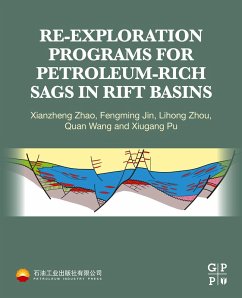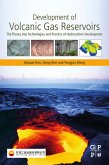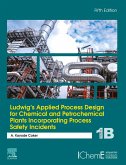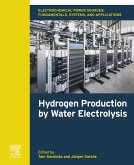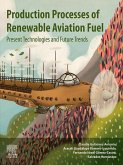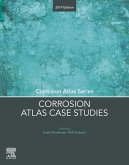Re-exploration Programs for Petroleum-Rich Sags in Rift Basins covers the geological characteristics and potential of oil-rich depressions in a rifted basin. It describes up-to-date research and technology, detailing the current status of exploration. The overall aim of the book is to guide a new round of hydrocarbon exploration of petroleum-rich depressions, contributing to breakthroughs in re-exploration and a substantial increase in reserves. Chapters discuss the reservoir forming theory of oil-rich depressions, characters of hydrocarbon migration and accumulation in a weak structure slope, key elements of reservoir forming of deep buried hills and inner curtains, and more. Other topics covered include complex subtle reservoir recognition techniques, deep layer and buried hill high speed drill technology, recognition of buried hill reservoir and hydrocarbon, high efficiency enhanced oil recovery, and finally, methods of secondary exploration of oil-rich depressions and the development of a workflow to guide research and exploration. - Provides up-to date knowledge and expertise on the geological characteristics and potential of oil-rich depressions in a rifted basin - Based on a decade of experience, program deployment, and geological theory on continental basin exploration - Gives practical guidance for exploiting green and brown fields - Helps the reader understand how to increase reserves and production - Ideal as a guidebook for sustainable large-scale exploration and exploitation of a continental rifted basin
Dieser Download kann aus rechtlichen Gründen nur mit Rechnungsadresse in A, B, BG, CY, CZ, D, DK, EW, E, FIN, F, GR, HR, H, IRL, I, LT, L, LR, M, NL, PL, P, R, S, SLO, SK ausgeliefert werden.

